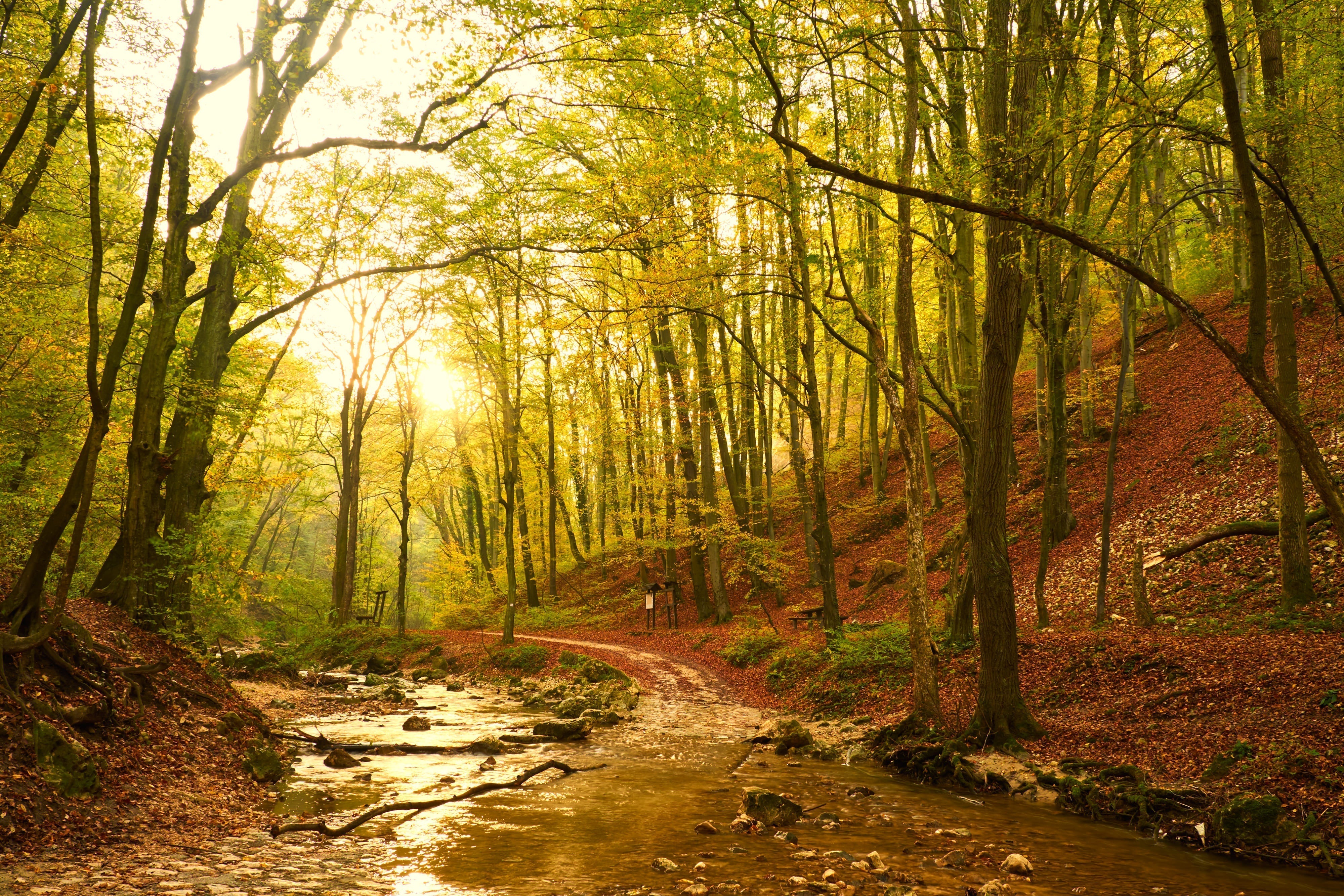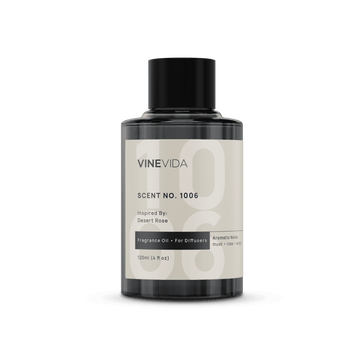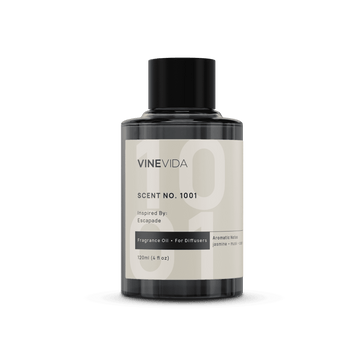“Not knowing the name of the tree, I stood in the flood of its sweet scent” - Matsuo Basho
I’ve noticed quite a bit lately, particularly on social media, people talking about forest bathing. When I first heard it, I thought it was having a bath or a shower in the forest. Silly me! But alas, the true meaning isn’t too far off.
Forest bathing or Shinrin-yoku is the practice of walking slowly through the forest, free from distractions like technology and taking time to slow down and become one with the surroundings. It is about fully immersing yourself in the atmosphere of nature. Shinrin-yoku was first coined in Japan in the 1980s, and the literal translation means bathing in the forest. The Japanese have studied the psychological and physiological effects of shinrin-yoku, and its effects are numerous.
Modern society has placed us all under different stresses than our predecessors which has led to many stress-related disorders and diseases. When we spend time in nature, we feel more relaxed, we feel the stress leave our bodies and minds. Most of us have experienced this to some degree - whether it be watching a beautiful sunset, the waves rolling in on a beach, or looking at the trees.
Spending quality time in the forest has effects on the sympathetic and parasympathetic nervous systems, bringing a sense of peace and relaxation. It provides an all-over release and relief for our bodies. Qing (2009) suggests that forest bathing can affect immune system function, help prevent illness and help reduce the advancement of some illnesses. This can lead to an overall reduction of pressure on the healthcare system. Haven’t they all been under immense pressure over the last few years.
What Oils to Use?
The majority of us live and work in the city or suburbs, with little access to forests, so we might not be able to access a real-life forest, we can however recreate the aroma with the power of essential oils.
Oils to consider:
- Cypress (Cupressus sempervirens)
- Cedarwood (Cedrus deodara)
- Sandalwood (Santalum album)
- Fir (Albies siberica)
- Eucalyptus (Eucalyptus globulus)
- Pine (Pinus sylvestris)
We could use these oils singularly, or in combination. Or we could add some other oils that we know have relaxing properties as well.
We might add:
- Lavender (Lanadula officinalis)
- Rose (Rosa damascena)
- Copaiba (Copaifera officinalis)
- Melissa (Melissa officinalis)
- Juniper (Juniperus communis)
- Vetiver (Vetiveria zizanoides)
- Sweet Orange (Citrus sinensis)
- Lemon (Citrus limon)
- Rose Geranium (Pelargonium roseum)
The choices are endless. And of course, your perception of what a relaxing forest aroma smells like might be different to what I perceive it to be. Where we live and where we grew up will impact our perceptions of the aroma. I encourage you to get your wood oils and leaf oils and play with them.
Once you’ve played, put your chosen oils into your diffuser, or carefully into a roller bottle, sit back and inhale the relaxing aromas. Make sure you put your phone on silent, remove any other distractions, and just allow yourself some quiet time. Breathing in. Breathing out. Breathing in. Breathing out. And relax.
“The leaf of every tree brings a message from the unseen world. Look, every falling leaf is a blessing” - Rumi
Bring the essence of nature into your home, and allow it to fill you with a sense of beauty and wonderment for the world around you. And allow it to reduce the pressures of our modern society. We all need a bit of that.
Reference:
Qing, L (2009) Effect of forest bathing trips on human immune function, https://www.ncbi.nlm.nih.gov/pmc/articles/PMC2793341/














